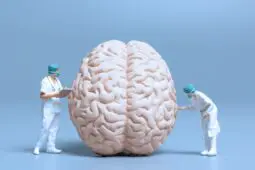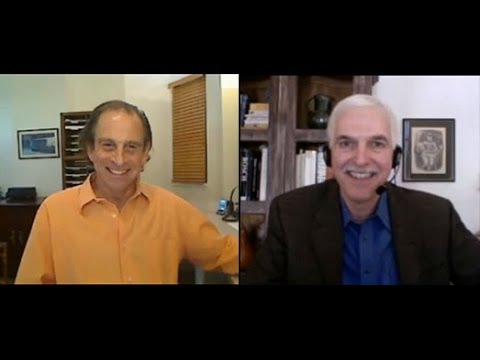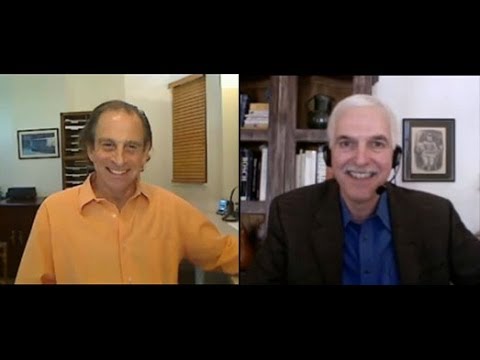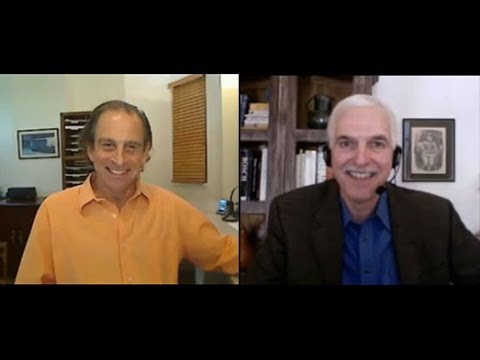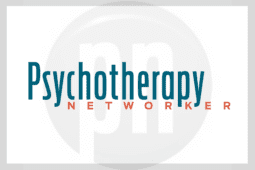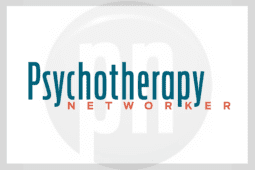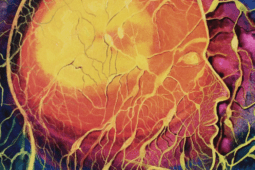Contributed by Bruce Ecker
A Brain Science Strategy for Overwriting Traumatic Memories
Creating Juxtaposition Experiences to Relieve Trauma SymptomsBrain science offers powerful guidance for freeing clients from the distress triggered by disturbing implicit memories. Read more
VIDEO: Unlocking the Emotional Brain
Confronting Self-Limiting BeliefsBruce Ecker shows how to apply the process of memory reconsolidation to bring about transformational change and therapeutic breakthroughs. Read more
VIDEO: Supplementing Attachment Theory
More Tools, More SolutionsWhile developing Coherence Therapy, Bruce Ecker, coauthor of Unlocking the Emotional Brain, spent a lot of time uncovering the differences between... Read more
VIDEO: In Search of the Therapeutic Breakthrough
Bruce Ecker on Finding the Underlying Reasons for Detrimental BehaviorsWatch this clip to hear Bruce talk about a client unwilling to leave an abusive situation and the approach he uses to uncover the underlying reasons why. Read more
One of the Guiding Principles of Depth-Oriented Brief Therapy Illustrated in a Client’s Panic Attack Treatment. Read more
Unlocking The Emotional Brain
Is Memory Reconsolidation the Key to Transformation?New research into the complexities of memory reconsolidation offers important clues about how we can make the most elusive of consulting room events—the... Read more
The Brain's Rules for Change
Translating cutting-edge neuroscience into practiceFor the firs time, we're beginning to understand how to directly delete emotional meanings attributed to disturbing past events. Read more
The Hidden Logic of Anxiety
Look for the Emotional Truth behind the SymptomIn our rush to remove the symptoms of anxiety, we too often ignore the client's hidden system of personal meaning. Focusing on that murky inner world can both... Read more

